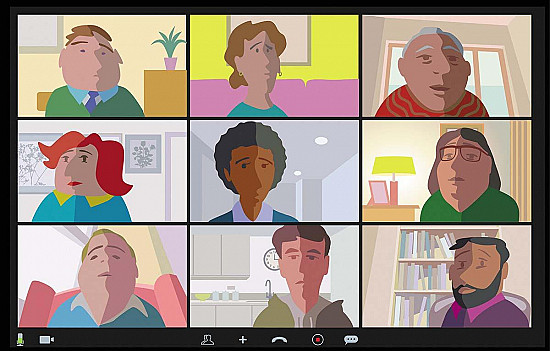Why won't my primary care doctor oversee my hospital care?
Ask the doctor

Q. My doctor says he'll no longer be the one responsible for my care if I need to be hospitalized. Instead, hospital doctors will be responsible. Why is that?
A. In the United States over the past 20 years, a new type of doctor — the hospitalist — has increasingly become responsible for the care of many patients in the hospital. While it's new in the United States, this has been the model for a long time in many other countries.
For many years, in our practice of primary care internal medicine, whenever our patients were hospitalized, we were the primary care doctors responsible for them — unless they had surgery or needed to be in an intensive care unit. When our patients got sick enough to require hospitalization, they liked having a doctor they knew.
But it was an increasingly difficult thing for my colleagues and me to do: it's hard to be in two places at once, in the office seeing patients and also up on the floors of the hospital where some of your patients were. If your patient was having a crisis, you had to be at their bedside now — even if your office schedule was full for the next three hours. Moreover, while our office practice is in a clinic at the hospital, just an elevator away from the hospitalized patients, many of our colleagues had offices outside the hospital. They were separated from their hospitalized patients by traffic.
There was another problem, too. As the amount of medical knowledge grew, and the number of new technologies to care for hospitalized patients grew, it was harder for the primary care doctor to keep up.
So, increasingly, hospitalist doctors who are present in the hospital 24 hours a day take care of hospitalized patients, often in consultation with the patients' primary care doctors. It's not a perfect solution: while the primary care doctor may have known the patient for decades, the hospitalist rarely knows the patient at all. The patient's medical record is often readily available to the hospitalist, but that record can be very thick. Even when the hospitalist has mastered all the detail in that record, it's not the same thing as "knowing" the human being who has just become their patient.
More young graduating doctors are choosing to be hospitalists, and fewer are choosing to be primary care doctors. In my opinion, the increasing number of hospitalists is a good thing. And there are studies suggesting it's improving the quality and efficiency of hospital care. But I also worry that the future will bring a shortage of primary care doctors—the doctors who know you, who have seen you through thick and thin, whose face you recognize and advice you trust when they arrive at your hospital bed in a moment of crisis.
Image: © Chris Ryan/Getty Images
About the Author

Anthony L. Komaroff, MD, Editor in Chief, Harvard Health Letter; Editorial Advisory Board Member, Harvard Health Publishing
Disclaimer:
As a service to our readers, Harvard Health Publishing provides access to our library of archived content. Please note the date of last review or update on all articles.
No content on this site, regardless of date, should ever be used as a substitute for direct medical advice from your doctor or other qualified clinician.
















